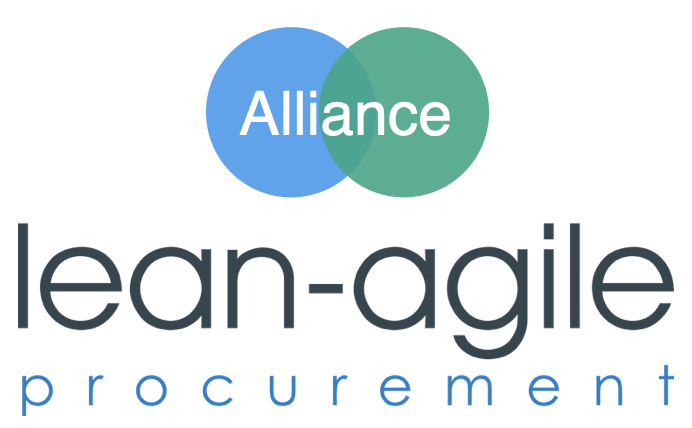News-Ticker 02/2024
Sustainable Growth Redefined: How IKEA is Pioneering a Climate-Positive Future
IKEA decouples economic growth from environmental impact, achieving a 24.3% reduction in climate footprint from 2016, while boosting revenue by 30.9%.
—> Read the Article (Source scope3.co / Ikea.com)
Some of our conclusions are:
The New Paradigm of Business Sustainability is a booster for revenue. Business Agility and commercial roles such as procurement play an important role to solve bigger problems together across companies.
Year-on-year progress is vital. It reflects a company's ongoing commitment to sustainability, adapting and improving with each passing year.
Ikea’s approach exemplifies the importance of continuous innovation in corporate sustainability strategies.
Sustaining Year-on-Year Progress, each year counts. Ikea's initiatives, from ramping up renewable energy use to enhancing energy efficiency, demonstrate a commitment to making real change, year after year.
The Management Paradigm Driving The World’s Most Valuable Firms
The most valuable and the fastest growing firms today are being managed very differently from average performing firms. The shift is being driven by practitioners: average firms are still catching up. In 2024, it’s time to follow Peter Drucker’s 1997 advice and “look out the window and see what's visible—but not yet seen." A paradigm shift in management has occurred. The new way of managing embodies at least five big shifts.
—> Read the Article (Source: Forbes.com)
Some of our conclusions are:
From the most successful firms can we learn that to solve todays increasingly complex problems, introduce the next innovation, or to survive upcoming competitors a new mindsets and ways of working is required.
Work Is Done By Self-Organizing Teams which requires a new management / leadership.
As Satya Nadell explains the change and the need to improve became part of the business. “the key was agility, agility, agility. We needed to develop speed, nimbleness, and athleticism to get the consumer experience right, not just once but daily.”
Satoru Iwata, President of Nintendo, delivers a speech during the Nintendo E3 media briefing at the Kodak Theater in Hollywood, California, on July 15, 2008. CREDIT: GABRIEL BOUYS/AFP via Getty Images
Nintendo CEO’s refusal to layoff staff goes viral following industry-wide cuts
"If we reduce the number of employees for better short-term financial results, employee morale will decrease."
said former Nintendo CEO Satoru Iwata, who cut his own salary by 50% and all of the board members cut their pay by 20% so they wouldn't have to lay off anyone
—> Read the Article (Source: NME.com)
Some of our conclusions are:
Good people are very hard to find again and laying them off is based on a very much a short-term thinking
Leaders should ask themselves if the business results are not developing as expected to cut their salary instead
In last consequence even more disruptive companies like e.g. Haier have reduced the hierarchy and instead fully empowered their employees including a cost- and wealth sharing with incredible business results.
Reinventing Procurement: From Cost Center to Innovation Driver
The interview with Todd Heimes of Amazon Business highlights the transformation of procurement teams from traditional cost centers to strategic drivers of innovation. Embracing digital technologies such as AI, ML, and blockchain, procurement is evolving to play a more pivotal role in achieving organizational goals, including environmental and social objectives. Heimes emphasizes the growing importance of hiring tech-savvy procurement teams and the integration of these teams into the broader organizational ecosystem. The interview anticipates a future where procurement becomes more personalized, emphasizing the need for adaptability, collaboration, and innovation within procurement teams.
—> Read the blog post (Source: MIT Sloan Management Review)
Some of our conclusions are:
The necessity to build a Collaborative Ecosystem: not only across functions in the company, such as operations and finance, but also including external companies, such as suppliers and partners. The procurement teams can undoubtedly play a pivotal role in fostering this collaboration.
Agile Mindset for Adaptability: Adopting an agile mindset will encourage procurement teams to embrace change and adapt quickly to evolving technologies, business objectives and resiliency.





